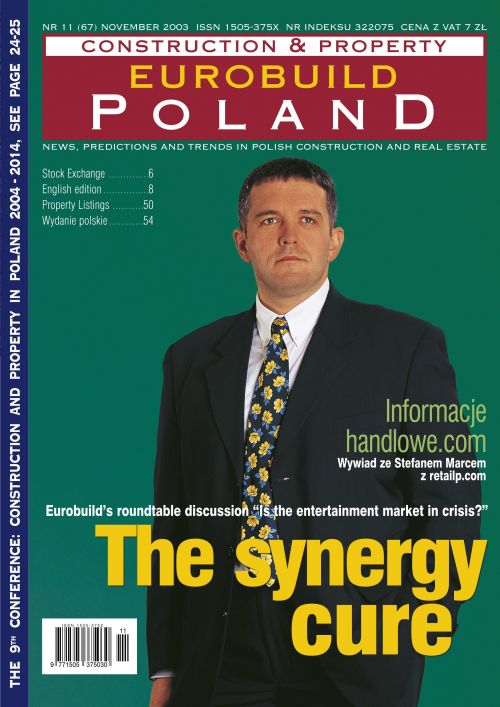As perhaps the ultimate money-spinning activity, retail doesn't really suggest itself as something public institutions should be involved in. But retail centres are evolving and with that, closer co-operation between public and private parties. Eurobuild looks at two projects: one in the UK and the other in Poland, which have both claimed to be the biggest of their kind in Europe
In September this year in Birmingham in the UK, a new, hugely ambitious 110,000 sqm retail centre opened. As well as bringing sixty-four new retailers to the city, the Bullring project was also the centrepiece of a wide-ranging urban re-generation scheme. And for that to become more than just a dream, both the local authority and developers needed to pursue the same vision.
Burying differences
"Birmingham City Council encouraged us to form the Birmingham Alliance," says Bob De Barr, Development Director of Land Securities, one of the three companies that pooled their re




























































